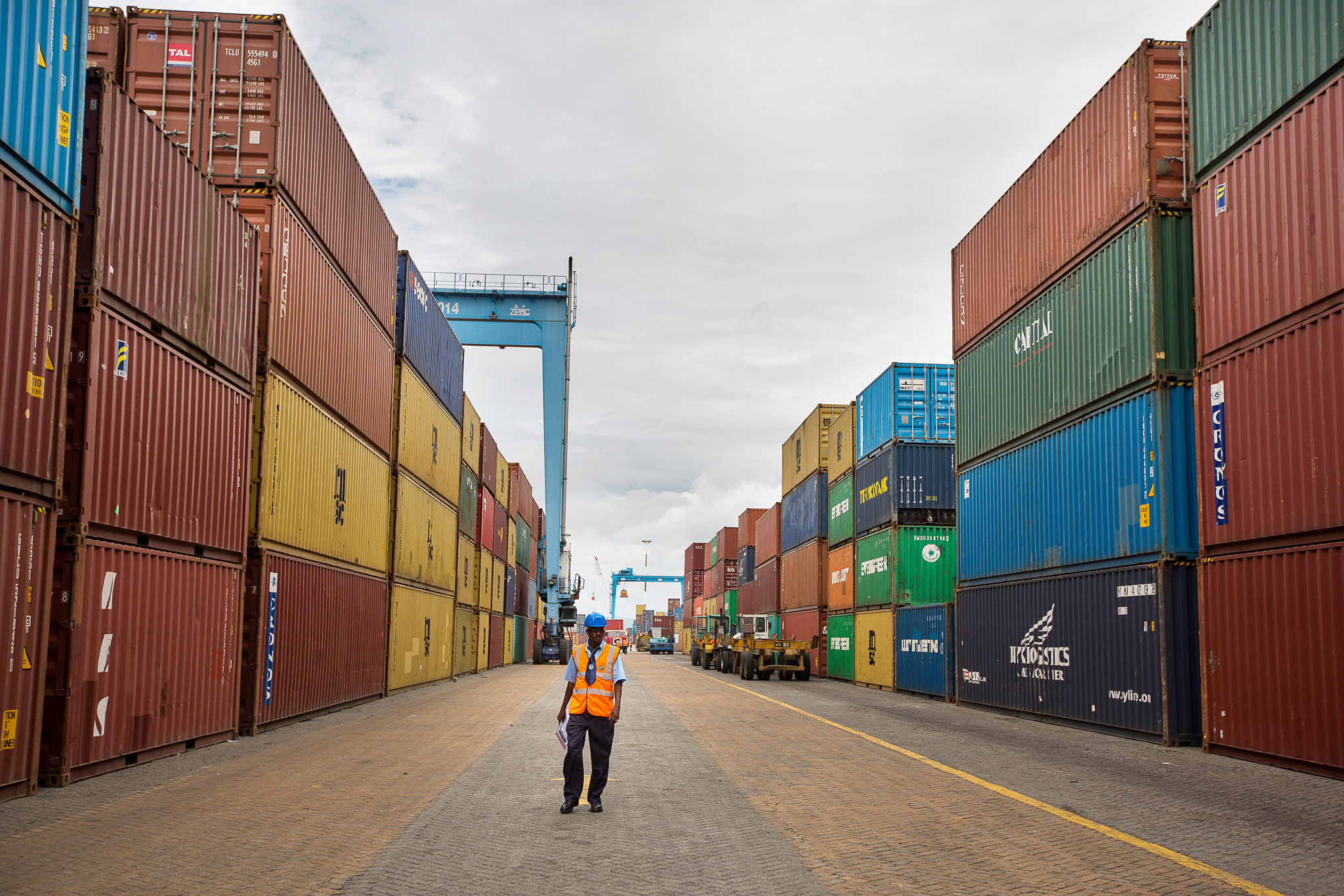The Nigerian Centre for Promotion of Private Enterprise, CPPE, has disclosed that the recent GDP report has further underlined the dominance of the non-oil sector which accounted for 93.67% of the GDP, while the oil sector accounted for 6.63%.
This was disclosed in a statement by its CEO, Dr Muda Yusuf, in a statement sent to Nairametrics.
Yusuf also revealed that there is evidently a gross under-reporting of the activities of the maritime sector by the National Bureau of Statistics.
What the CPPE is saying
The CPPE Chief urged that Nigeria’s GDP report further underlined the dominance of the non-oil sector which accounted for 93.67% of the GDP, while the oil sector accounted for 6.63%.
He said, “However, the oil sector continues to play a leading role in the generation of foreign exchange and a significant role in the generation of government revenue. This underscores the persistent productivity challenges which have continued to characterize the non-oil sector of the economy. The non-oil contribution to our export earnings is still less than 5%.”
On the Service sector, he said its 57.4% contribution underscores the fact that the Service sector is less vulnerable to macroeconomic and structural shocks in the economy. The Service sector is able to cope a lot more with these challenges than the real sector of the economy.
On under-reporting of the Maritime sector’s contribution to GDP, he said it generates appreciable revenue and creates a lot of jobs and is also very critical to the supply chain of the Nigerian economy.
“There is evidently a gross under-reporting of the activities of the maritime sector by the National Bureau of Statistics. For instance, in the Q2 GDP report, the maritime sector [water transport] was said to have contributed a mere 2.4 billion Naira to the GDP out of N45.5 trillion GDP for the quarter.
“This is a contribution of a mere 0.01%. In the first quarter of 2022, the NBS recorded 0% contribution of the sector to GDP. In the GDP numbers, water transport is the only proxy closest to maritime. But maritime sector activities are beyond water transportation,” he said.
For sectors that are still in recession, namely, crude oil and gas, electricity and textiles sectors, Yusuf urged that Nigeria must address the challenges of the massive oil theft which is affecting oil output.
“The electricity sector reforms need a review to improve efficiency and productivity in the sector. The challenges in the electricity supply chain needs to be urgently addressed – gas to power, transmission, distribution, energy pricing, metering, and the capacity of the distribution companies. All of these are needed to improve performance and attract more investment into the sector,” he added.
What you should know
- Nigeria’s gross domestic product (GDP) grew by 3.54% year-on-year in real terms in the second quarter of 2022, an improvement compared to the 3.11% growth recorded in the previous quarter. This is according to the recent GDP report released by the National Bureau of Statistics
- The aggregate real GDP stood at N17.29 trillion in the second quarter of 2022, a marginal decline (-0.37%) when compared to N17.35 trillion recorded in Q1 2022.























